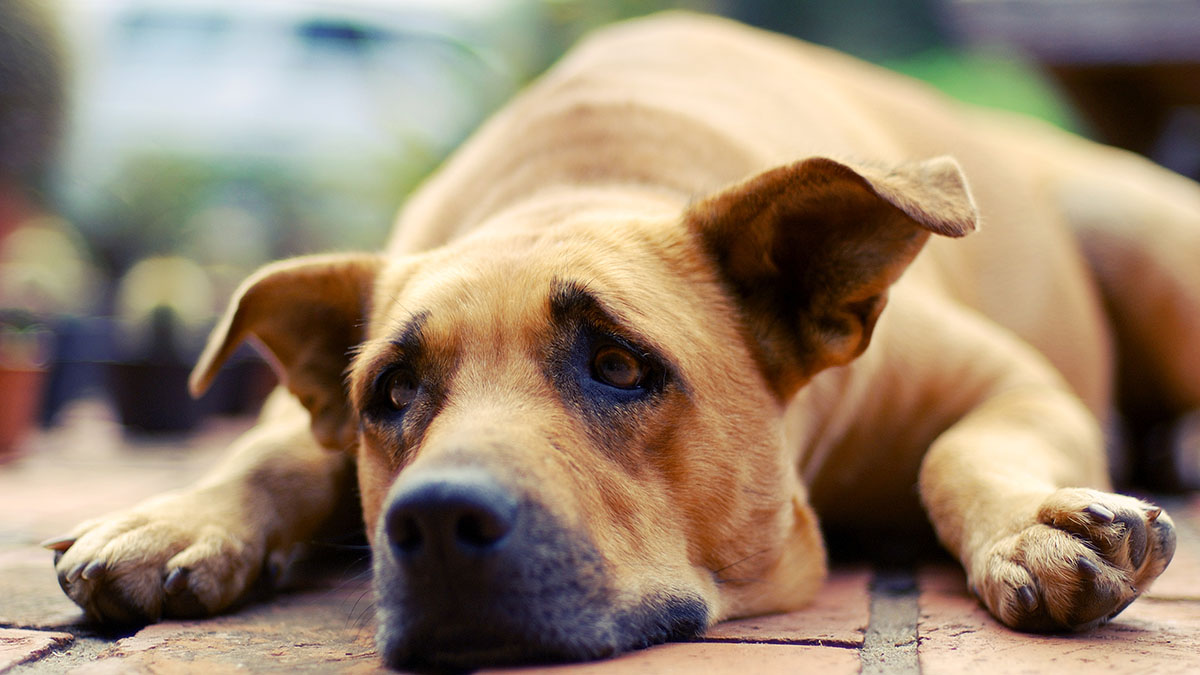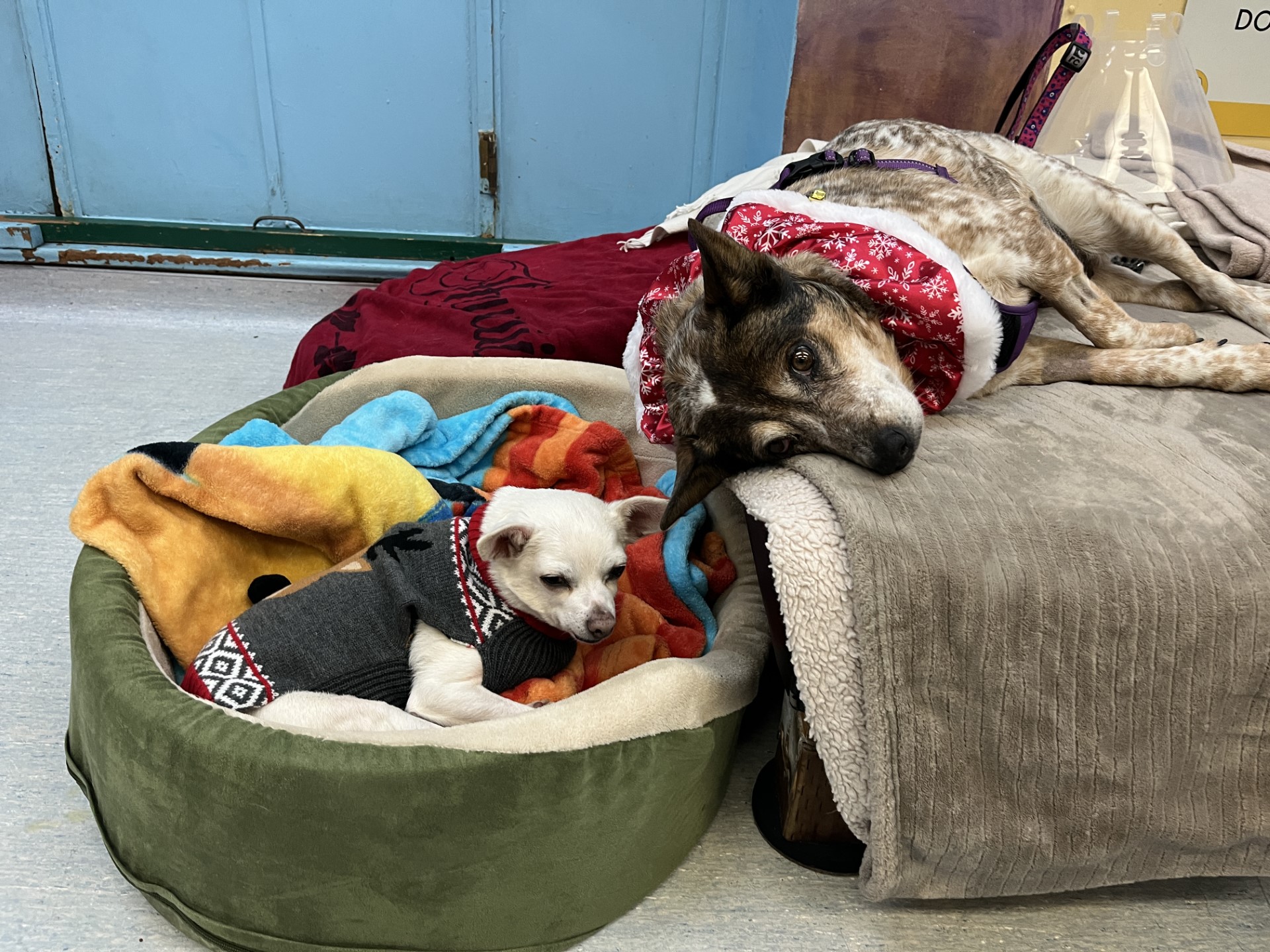An East Bay animal shelter is on the cutting edge of a life-saving treatment for one of the world's most dangerous dog viruses, which is Parvovirus.
3-month-old shepherd mix Artemis is happy now, but just a month ago, veterinarians at East Bay SPCA didn’t know if he would survive.
“He came in pretty sick,” said Dr. Josie Noah with East Bay SPCA. “He was surrendered from a home in our community. He was having severe symptoms.”
Those symptoms were lack of appetite and severe gastrointestinal issues, all signs of parvovirus, which impacts about 330,000 unvaccinated or partially vaccinated puppies every year.
Get a weekly recap of the latest San Francisco Bay Area housing news. Sign up for NBC Bay Area’s Housing Deconstructed newsletter.
Up until recently, doctors could only offer supportive care for the disease and hope an animal survives.
Now, East Bay SPCA is one of the first shelters in the country offering the only known U.S. treatment for the deadly disease.
Artemis is one of three puppies that received the treatment and survived.
“It’s really kind of a game changer for this disease. We don’t have to wait and see and do our best. We can give them antibodies and they can start fighting it,” Noah said.
The highly contagious virus can live on the ground and can be picked up by a puppy licking their paws.
Doctors explain the new treatment involves a single injection that quickly helps resolve symptoms and prevents costly care.
Elanco Animal Health, who created the medicine is hoping to get the medicine into the hands of vets across the country by this spring.
“It’s a very nasty virus. It’s a very hardy virus. It is one that lives in environment for quite some time. We are going to decrease their hospitalization time. We are going to improve that operational efficiency for the clinics and decrease that caregiver burden,” said Dr. Jennifer Miller, a veterinarian with Elanco.
The treatment isn’t cheap. At roughly $200 per every 10 pounds but veterinarians say it’s worth it and believe it will help save countless puppies.
“There is no question that it will give animals the best chance of survival from this disease. It’s still not 100% unfortunately, but it is the best thing we can do to give them the best shot of survival,” Noah said.



